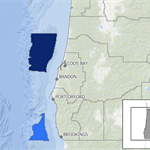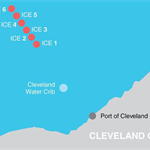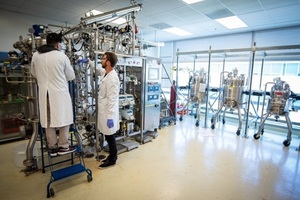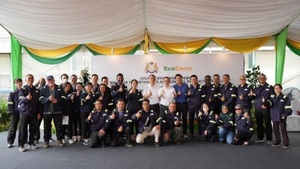Oregon PUC adopts rules for RNG program
Energy Disrupter
ADVERTISEMENT
The Public Utilities Commission of Oregon on July 16 adopted initial rules to implement a bill signed into law last year that sets voluntary renewable natural gas (RNG) goals for the state’s natural gas utilities.
The bill, SB 98, was signed into law by Oregon Gov. Kate Brown on July 15, 2019. It encourages the state’s large and small natural gas utilities to supply RNG to customers and outlines goals for adding as much as 30 percent RNG into the state’s natural gas pipeline system.
The rules adopted by the PUC allow Oregon utilities to procure RNG for delivery to their customers and sets voluntary targets of 5 percent by 2020, 10 percent by 2025, 15 percent by 2030, 20 percent by 2035 and 30 percent by 2050. The program also encourages utilities to invest in and own the equipment and facilities necessary to upgrade raw biogas and landfill gas into pipeline quality RNG and insert it into the distribution system.
To implement the program, the rulemaking establishes accounting, tracking, and recordkeeping requirements and processes for RNG and its environmental attributes. It creates renewable thermal certifications (RTCs) that will be used by authorized natural gas utilities to participate in the program. The RTCs are used to track the chain of custody of the environmental attributes of RNG that is produced or purchased for the utility’s retail natural gas customers in Oregon. According to the rules, RTCs must be issued, monitored, accounted for and transferred by or through the Midwest Renewable Energy Tracking System (M-RETS).
Under the rules, entities that generate RTCs must estimate the carbon intensity of the pathway for the RNG. The rule provides several options that can be used by the entity generating RTCs to estimate the carbon intensity of its RNG.
Utilities participating in the RNG program must produce documentation to demonstrate that for each RTC the utility purchased or otherwise acquired 1 dekatherm of RNG was delivered to an injection joint on a natural gas common carrier pipeline. RTCs are retired by the utilities to comply with their program requirements.
NW Natural, a subsidiary of NW Natural Holding Co. that worked with the state legislature on SB 98, said the new rulemaking provides a clear path to acquire RNG on behalf of customers and forging the way for the renewable resource to become an increasing part of the state’s energy supply.
“We’re excited to use this landmark law, one of the first of its kind in the nation, to acquire a renewable product for our customers and bring our region one step closer to a clean energy future,” said David H. Anderson, president and CEO of NW Natural. “Another important benefit is that local communities now have a potential revenue source to turn their waste into energy.”
A full copy of the rule can be downloaded from the PUC website.
















